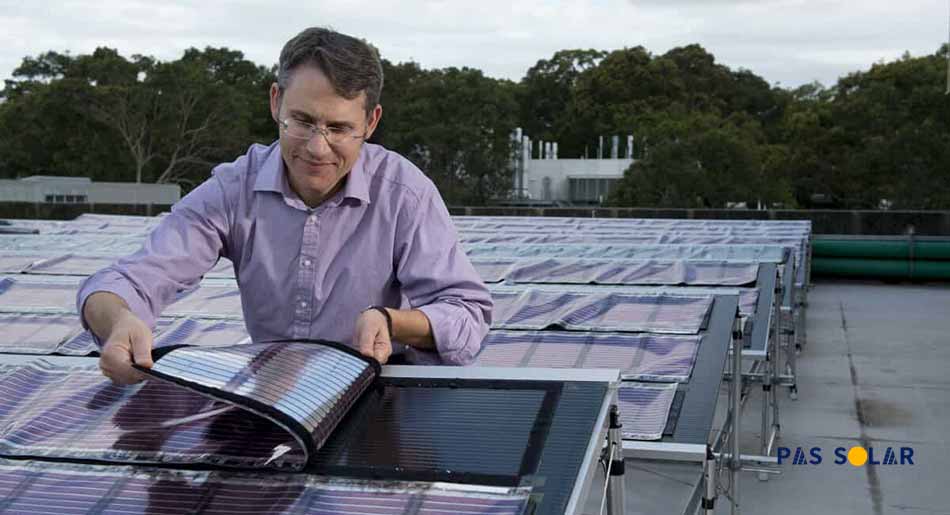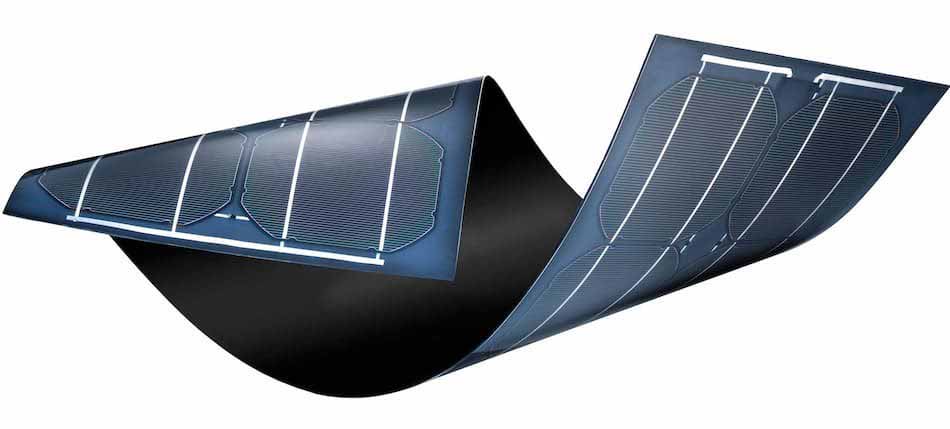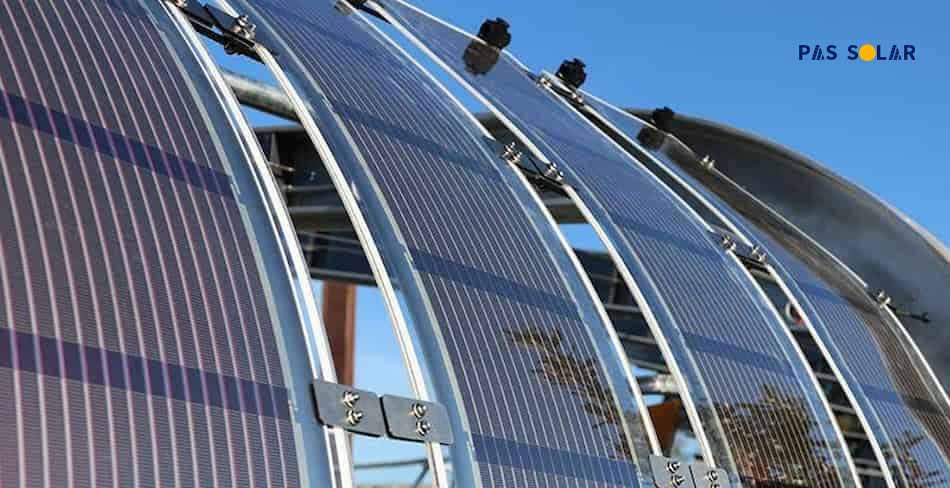Flexible solar panels have revolutionized the renewable energy industry, offering more versatility and convenience than traditional, rigid panels. These panels are designed to bend and conform to various surfaces, making them ideal for a range of applications. Among the different types of flexible panels available, semi-flexible solar panels are particularly noteworthy for their balance of flexibility and efficiency. These panels have the ability to bend to a certain degree while still maintaining their structural integrity, making them suitable for use on curved or irregular surfaces.
What is flexible solar panel?
Flexible solar panels are a type of solar panel that offer an alternative to traditional, rigid solar panels. The unique advantage of flexible solar panels is their ability to bend and conform to a variety of surfaces, making them ideal for use on curved or irregular surfaces. This flexibility opens up new possibilities for the integration of solar technology into a wider range of products and applications.
Flexible solar panels are also lighter and more durable than traditional panels sold by a solar panel suppliers in Dubai, making them suitable for portable or mobile applications. Whether it’s for powering outdoor equipment, personal electronics, or even vehicles, flexible solar panels are a versatile solution for harnessing the power of the sun.
What are flexible solar panels made of?
Flexible solar panels are made of thin, lightweight photovoltaic material that allows for increased flexibility. This material can be composed of various components, such as monocrystalline silicon or polycrystalline silicon. Additionally, flexible solar panels may be laminated with a protective layer for improved durability. Some models of flexible solar panels are designed to be semi-flexible, meaning that they are stiffer and more rigid than traditional flexible panels, but still offer a degree of flexibility.
When reviewing flexible solar panel options, it’s important to consider the specifications of each product, including efficiency, durability, and versatility. When evaluating semi-flexible solar panels, it’s important to keep in mind the trade-off between flexibility and strength, and determine which product is best suited for your specific needs and requirements.
What are the advantages of flexible solar panels?
Flexible solar panels offer several advantages over traditional, rigid solar panels. One of the main benefits is their ability to bend and conform to various surfaces, making them ideal for use on curved or irregular surfaces. This flexibility makes it possible to integrate solar technology into a wider range of products and applications, such as portable electronic devices, outdoor equipment, and even vehicles.
Additionally, flexible solar panels are typically lighter and more durable than traditional panels, making them a suitable choice for portable or mobile applications. Another advantage of flexible solar panels is their efficiency, as they are able to convert a significant amount of sunlight into usable energy. Finally, it’s important to note how flexible solar panels are made. They are constructed using a thin, lightweight photovoltaic material that allows for increased flexibility. The material used in their construction and the laminating process can also impact the efficiency, durability, and versatility of the panel.
Are flexible solar panels worth it?
Flexible solar panels have gained popularity in recent years due to their unique design and versatility. But are they worth the investment? To answer that question, it’s important to consider the advantages and disadvantages of flexible solar panels.
On the one hand, unlike traditional solar panels like Canadian Solar Panels, flexible solar panels offer the ability to bend and conform to various surfaces, making them ideal for use on curved or irregular surfaces. They are also typically lighter and more durable than traditional, rigid solar panels, making them a suitable choice for portable or mobile applications. However, the efficiency of flexible solar panels may not be as high as traditional panels, and they may not be suitable for all applications or environments.
Ultimately, the worth of flexible solar panels will depend on your specific needs and requirements. If you are looking for a versatile solution for harnessing the power of the sun, then flexible solar panels may be a good option. On the other hand, if you require a high level of efficiency and are not concerned with the versatility offered by flexible panels, then a traditional, rigid solar panel may be a better choice. When deciding whether flexible solar panels are worth it, it’s important to carefully consider your unique circumstances and goals. For more information you can visit Solar inverter price in Dubai.
Can solar panels be flexible?
The answer is yes, solar panels can be flexible. Flexible solar panels are a type of solar panel that offer an alternative to the traditional, rigid solar panel system. These panels are made of a thin, lightweight photovoltaic material that allows for increased flexibility and the ability to bend and conform to various surfaces. This makes them ideal for use on curved or irregular surfaces, as well as for portable or mobile applications.
Flexible solar panels come in different levels of flexibility, with some being semi-flexible and others fully flexible. When reading a flexible solar panel review, it’s important to consider the specifications of each product, including efficiency, durability, and versatility. Additionally, it’s important to consider the environment in which the panel will be used and whether it will be exposed to high temperatures or other adverse conditions that could impact its performance.
In conclusion, solar panels can be flexible and offer a versatile solution for harnessing the power of the sun. When evaluating flexible solar panel options, it’s important to consider the specific requirements and goals for your application.





